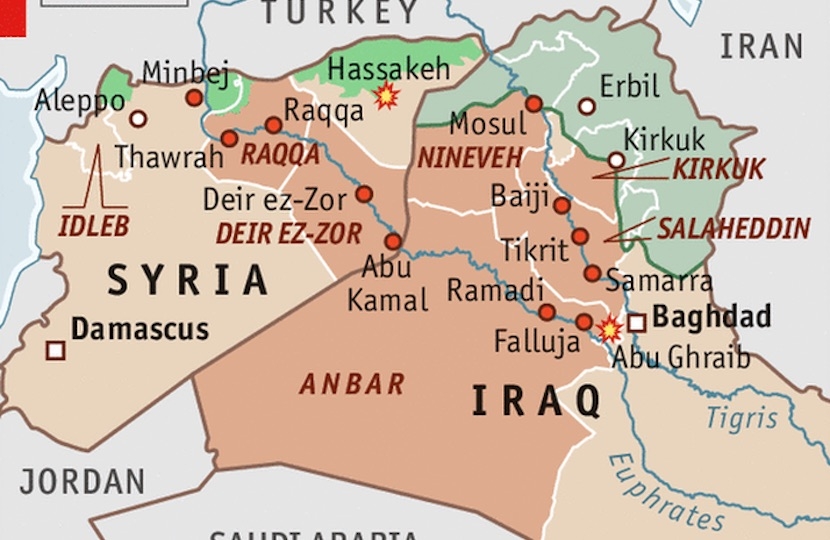
It’s a year since Daesh’s so-called Capital Raqqa was liberated.
The lengthy campaign marked the end of significant int’l efforts to end Daesh’s occupation of swathes of Iraq and Syria. But Daesh had already prepared a narrative that would allow them to maintain sway with its followers and inspire hatred and terrorism in their name.
Back in May 2016 Abu Muhammad al-Adnani, a senior Daesh member, released a statement which foreshadowed a change in narrative from focusing on military success, state provision and Sunni supremacy (amongst others) to one that would allow Daesh to lose territory yet claim continued success and relevance.
It read:
"Do you consider defeat to be the loss of a city or the loss of territory? ...would we be defeated, and you victorious, if you take Mosul or Sirte or Raqqa, or even all the cities? ...Absolutely not! True defeat is the loss of will and desire to fight."
This did not become a common narrative deployed in their propaganda until closer to the fall of Raqqa and Mosul, but we must remember that terrorists will always find narratives that enable them to continue their criminality, and that most will march under any flag or narrative that gives power and creates opportunity to pursue criminality and cruelty.
The threat of Daesh remains, albeit significantly reduced, but we must not forget that even without territory, and with significantly reduced forces, divisive narratives that so easily switch and adapt, coupled with the offer of a supportive community where individuals can forge new identities and pursue behaviours anathema to wider society, will allow terrorist groups to continue to appeal, recruit, attack, and ultimately stay alive.


